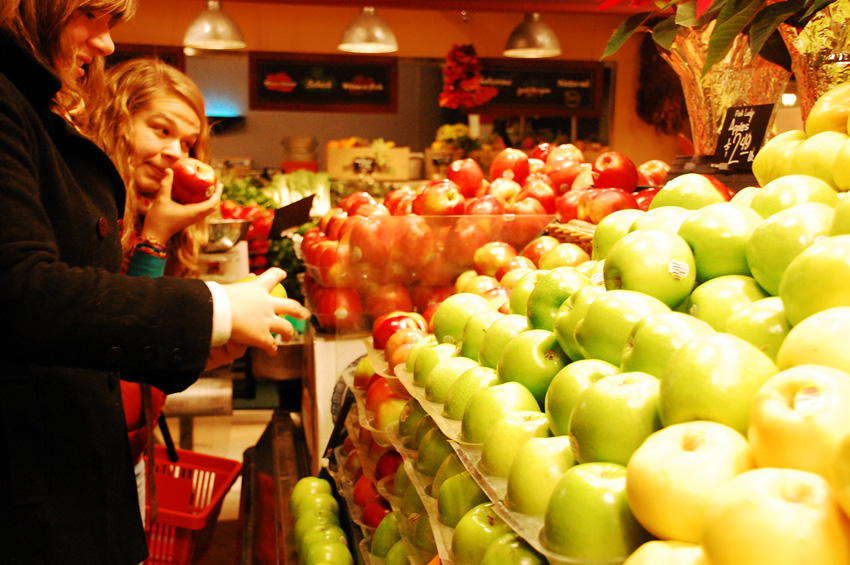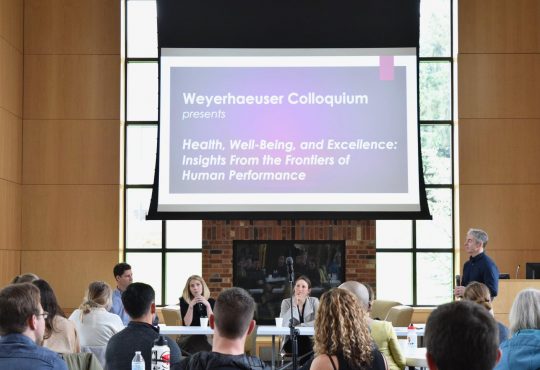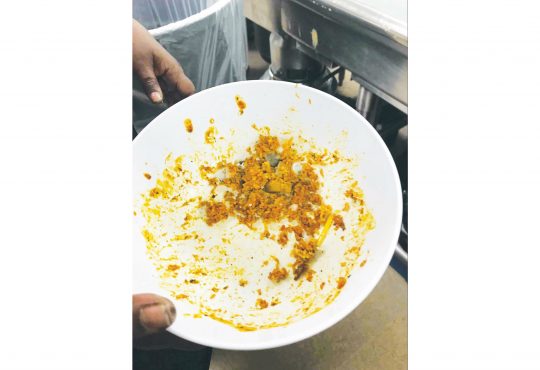
Let’s face it—as an American, you have likely accepted that eating unhealthily and in excess is an undeniable component of our culture. Perhaps you embrace this, or perhaps you combat it by counting calories and avoiding certain types of food—junk food, fast food, soda, etc. Regardless of your personal habits, it is likely that unless you purchase exclusively local or organic foods, you are supporting an utter abomination of an industry, obese in its corruption and frivolous with lies about one of our most basic physiological needs.
This is an industry that cares about little else than making a profit off of consumer tastes and preferences, whether or not those preferences correlate with their best interests or even simple ethics. This industry should be completely reformed from top to bottom, and the American people should settle for nothing less.
Even knowing about the health consequences of typical mainstream foods (weight gain, heart problems, diabetes, fatigue, decreased sex drive, etc.), most Americans nevertheless cave in to purchasing these foods because they are significantly cheaper than those of local or organic origin. However, even in these “tough economic times,” shouldn’t one’s health still be a top priority?
Most households pay the same bills every month to ensure that they have water, electricity, shelter, insurance—some of which aren’t even basic needs. And yet for some reason, it seems good, healthy food just isn’t worth our dollars.
Here’s why it is.
First of all, there is no high-fructose corn syrup in organic food products, but this corn-based compound has replaced sugar in almost all mainstream products, as it is cheaper (remember, what matters is making a profit, not consumer health).
Because of the sheer abundance of corn and price cuts due to government subsidies, mass-produced animals such as cows are also spending their entire lives standing in a cramped stall and eating corn all day. Since they don’t burn calories aside from halfheartedly wheezing, these cows get big, fast, by exclusively eating corn.
Because of this, corn-based by-product is present in meat. This feeding practice increasingly applies to fish and shrimp production as well—and because this is the food that the majority of Americans is consuming, guess what’s happening to our digestive systems? Hint: Look at what happened to the cows. There was corn present in their meat. There is corn present in yours.
We are literally becoming corn-based by-product, and even our digestive systems seem to be evolving so as to better digest corn. There is a strong correlation between high fructose corn syrup intake and obesity, and a strong correlation between obesity and health problems. It’s not worth the money you’re saving to buy cheap food that barely qualifies as food for lack of nutritional value.
What can you do to avoid such health consequences via mainstream food? You can grow your own food—it’s not that hard. Simply start up a garden filled with your favorite fruits and vegetables, and with patience and some work, you’ll have a suitable supply of food that is nutritious and virtually free.
You can also purchase from local farmers markets or go organic—you may be a poor college student, but this is definitely a case where jacked up prices are worth it (as a college student, you know that such cases exist).
The food industry does not care whether or not you become obese, but they do care about your dollars. So spend wisely and let the industry know that you want better quality food—do not settle for anything less.
[PHOTO COURTESY/ISABELLE CHIOSSO]






